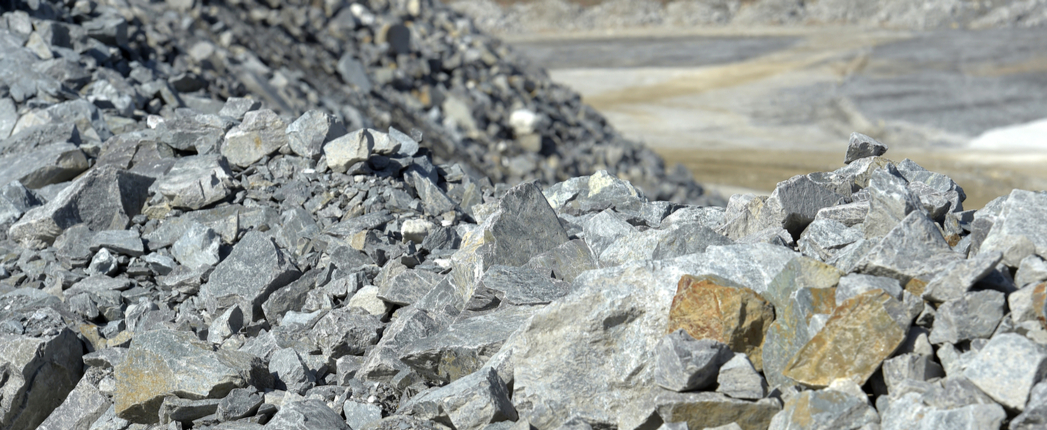
Over the past two decades, Lopal Technology Co. grew rapidly to become a major player in China’s lubricant market. Now the company is investing big in an attempt to become a significant supplier of raw materials used to make lithium-ion batteries for electric vehicles.
Yesterday Lopal shareholders voted in favor of a plan to form of a joint venture that would build a U.S. $235 million plant in Indonesia with capacity to produce 100,000 metric tons per year of lithium iron phosphate used to make cathodes in EV batteries.
It is the largest in a series of such projects undertaken by the company, and their combined price tag has it leveraged enough to have drawn a formal inquiry from the Shanghai Stock Exchange. Lopal maintains that it is getting in early on a boom that should bring healthy returns on its investments.
Based in Nanjing, Jiangsu province, Lopal was founded in 2003 and did not become a stock listed company until 2016. Lubricants was its original business, and the company grew rapidly during the first half of the previous decade, largely on the strength of its marketing. Its brand gained wide recognition in China after a stunt car emblazoned with its logo jumped the Amur River in 2014. Video of the event went viral after Lopal posted it on social media platforms Weibo and WeChat.
Lopal now claims to be the eighth-largest lubricant supplier in China, with three factories in China with combined capacity to make 500,000 t/y of lubes and other car maintenance materials such as antifreeze coolant and urea diesel exhaust fluid.
The company has branched into other businesses such as production of plastic lubricant containers and supply of equipment used by automotive service providers, and it has an innovation division looking for opportunities in electric vehicle batteries and hydrogen fuel cells.
Lopal already has a toehold in production of lithium iron phosphate, an alternative to lithium cobalt oxide for cathodes in lithium-ion batteries. Lithium iron phosphate has less energy density than lithium cobalt oxide but is more stable, cheaper and said by some to have less negative impacts on the environment. It also faces less supply chain constraints than materials the cobalt variety.
Lopal currently has one plant with rated capacity to produce 10,800 t/y of lithium iron phosphate, but it says that the facility is running above that rate and the company still has to procure from other suppliers to fulfill all orders.
Two other projects in China would add 55,000 t/y of capacity, but Lopal has said it wants more and also wants some capacity in locations that are advantageous to supplying foreign markets. The Indonesia project would be a joint venture with Stellar Kapital Investments – a six-year-old investment firm.
According to Lopal filings on the Shanghai Stock Exchange, the Chinese firm has authorized $700,000 to seed the joint venture, while Stellar provides $300,000. The companies have also agreed that they will provide a combined 40% of the $235 million price tag and that the joint venture will finance the rest. Lopal agreed to cover any gap.
The companies plan to build the plant in two phases, with the first phase establishing 50,000 t/y of capacity that would open in 2023.
Part of Lopal’s disclosures were provided last week in a response to the stock exchange’s formal request for information about its lithium iron phosphate investments. In its request the exchange noted that the company had a cash balance of ¥578 million (U.S. $90 million) at the end of its third quarter and short- and long-term loans totaling more than ¥1.5 billion.
Lopal acknowledged that its investment commitments related to lithium iron phosphate add up to ¥3.8 billion, including an iron phosphate production site and a facility that would recycle lithium iron phosphate. It identified potential risks to those investments and discussed the company’s rationale for making them.